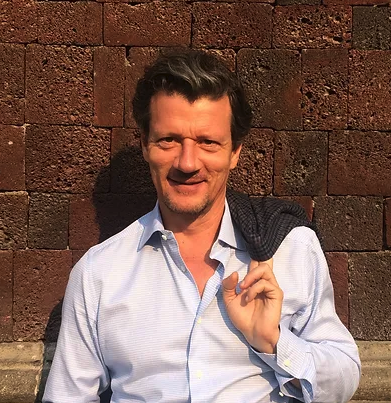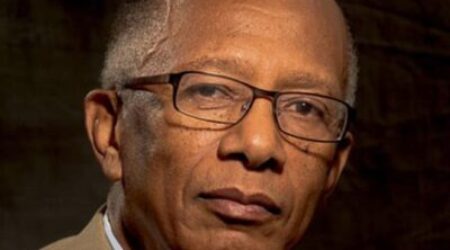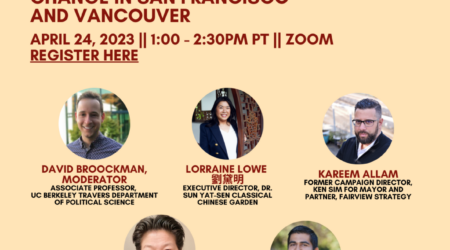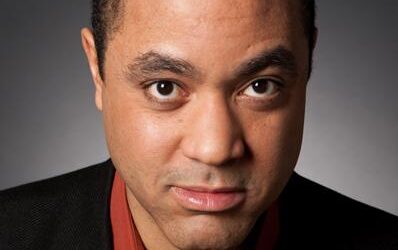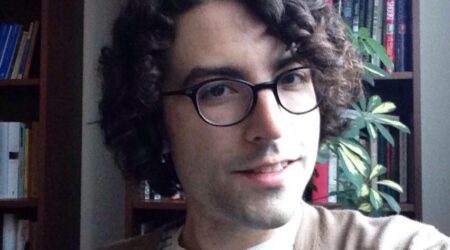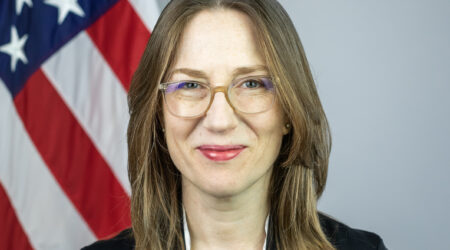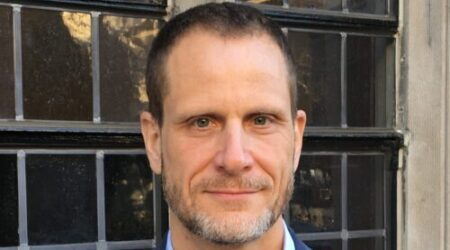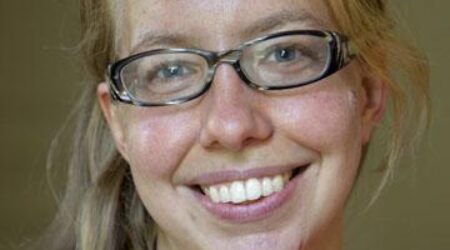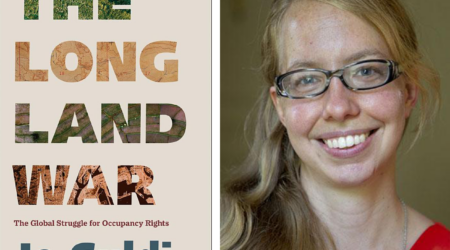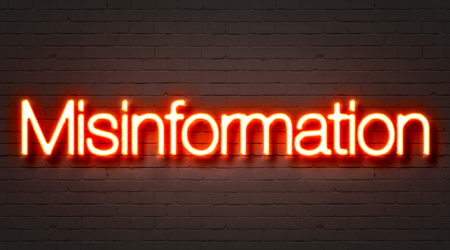Lecture
Recap
Published June 7, 2023
Consent and Legitimacy: A Revised Bellicose Theory of State-Building with Evidence from around the World, 1500–2000
Recorded on March 9, 2023, this video features Andreas Wimmer, Lieber Professor of Sociology and Political Philosophy at Columbia University, presenting a talk entitled "Consent and Legitimacy: A Revised Bellicose Theory of State-Building with Evidence from around the World, 1500–2000."
Learn More >Matrix Lecture
Recap
Published June 6, 2023
Slavery and Genocide: The U.S., Jamaica, and the Historical Sociology of Evil
On May 1, 2023, Social Science Matrix was honored to present a Matrix Distinguished Lecture by Orlando Patterson, John Cowles Professor of Sociology at Harvard University. Professor Patterson’s lecture was entitled “Slavery and Genocide: The U.S, Jamaica and the Historical Sociology of Evil.” The event was co-sponsored by the Townsend Center for the Humanities, […]
Learn More >Podcast
Interview
Published May 17, 2023
Structural Determinants of Police Violence: Interview with Kimberly Cecilia Burke
For this episode of the Matrix Podcast, we spoke with Kimberly Cecilia Burke, a PhD candidate in Sociology at UC Berkeley, whose dissertation uses an interdisciplinary approach to examine how Black-White interracial couples understand and experience police violence in their relationships.
Learn More >Affiliated Centers
Recap
Published April 28, 2023
Reshaping City Politics? Asian Voters’ Demands for Change in San Francisco and Vancouver
In 2022, Asian voters shocked the political establishment in San Francisco and Vancouver. Presented by UC Berkeley's Citrin Center for Public Opinion Research, this panel featured insiders from both cities, including Ken Sim’s campaign manager, a leader from Vancouver’s Canadian-Chinese community, a leader in the San Francisco school board recall campaign who was appointed to the school board herself, and scholar Neil Malhotra.
Learn More >Affiliated Centers
Recap
Published April 25, 2023
John McWhorter: Pitfalls in the Policing of Language
Recorded on April 7, 2023, this video features a lecture by Professor John McWhorter, Associate Professor of English and Comparative Literature in the Slavic Department at Columbia University, and a regular columnist for the New York Times. Presented by the UC Berkeley Citrin Center for Public Opinion Research.
Learn More >Alumni
Interview
Published April 19, 2023
Understanding the Opioid Overdose Crisis: An Interview with David Showalter
How does the opioid overdose crisis reshape rural communities? Through their research on opioid use and opioid-related services in backcountry California, David Showalter argues that an ethnographic sensibility can help us understand how drug use both becomes an ordinary part of people’s lives and what policymakers might do to help prevent overdoses. David Showalter completed […]
Learn More >Lecture
Recap
Published April 17, 2023
The Modern American Industrial Strategy: Building a Clean Energy Economy from the Bottom Up and Middle Out
Recorded on March 22, 2023, this talk — "The Modern American Industrial Strategy: Building a Clean Energy Economy from the Bottom Up and Middle Out" — features Heather Boushey, a member of President Biden’s Council of Economic Advisers and Chief Economist to the Invest in America Cabinet.
Learn More >Book Talk
Recap
Published April 17, 2023
The Flag and the Cross: White Christian Nationalism and the Threat to Democracy
Recorded on March 23, 2023, this talk featured Phil Gorski, Frederick and Laura Goff Professor of Sociology and Religious Studies at Yale University, discussing his new book (co-authored with Samuel Perry), The Flag and the Cross: White Christian Nationalism and the Threat to Democracy. The respondent was David Hollinger, Preston Hotchkis Professor Emeritus of History at UC Berkeley. Carolyn Chen, Co-Director of the Berkeley Center for the Study of Religion and Professor of Ethnic Studies, moderated.
Learn More >Social Science / Data Science
Recap
Published April 15, 2023
Jo Guldi: Towards a Practice of Text Mining to Understand Change Over Historical Time
Recorded on March 8, 2023, this video features a lecture by Jo Guldi, Professor of History and Practicing Data Scientist at Southern Methodist University. Co-sponsored by Social Science Matrix, the UC Berkeley Department of History, and D-Lab, the talk was presented as part of the Social Science / Data Science event series.
Learn More >Lecture
Recap
Published April 15, 2023
Jo Guldi, “The Long Land War: The Global Struggle for Occupancy Rights”
Most nations in Asia, Latin America, and Africa experienced some form of “land reform” in the 20th century. But what is land reform? In her book, The Long Land War: The Global Struggle for Occupancy Rights, Professor Jo Guldi approaches the problem from the point of view of Britain’s disintegrating empire. She makes the case that land […]
Learn More >Panel
Recap
Published April 15, 2023
Economics and Geopolitics in US International Relations: China, Europe, and the Global South
The pandemic and the war in Ukraine have reshaped global geopolitics, trade, and security. How will these changes affect the relationship between the US and China, Europe, and the Global South? How will they impact US firms operating globally, and how might foreign leaders — and notably the Chinese leadership — respond? Recorded on […]
Learn More >Matrix On Point
Recap
Published April 15, 2023
Matrix on Point: Myths and Misinformation
In this panel, recorded on March 15, 2023, a group of scholars who study false histories and conspiracy theories discussed how misinformation circulates, and the effects of such myths and stories on society.
Learn More >